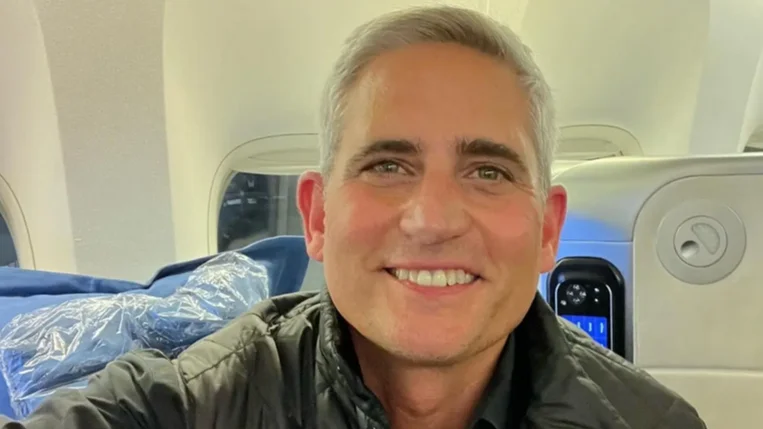Describing itself as a luxury boutique airline aiming to be the “Emirates of Asia,” Starlux’s fleet includes new Airbus jets with interiors designed by BMW Designworks and features advanced PaxEx technology across all cabins. The airline has onboard collaborations with major brands like Peanuts and the LA Clippers and offers a signature scent developed by Taiwanese perfumer P.Seven.
Despite being new to North America, Starlux faces competition from Delta and China Airlines on the Seattle-Taipei route. However, this does not seem to concern Starlux officials significantly.
For one, fares have remained high across all classes despite increased competition. In an interview with CNN before its launch, Starlux officials stated: “We offer exquisite service items, so the fare will be slightly higher than the other airlines.”
Additionally, Simon Liu, Chief Strategy Officer of Starlux, told Runway Girl Network that they do not view current capacity on this route as excessive: “I think the capacity put into this route is still rather small... Look into the entire network in Southeast Asia and combine the population between Southeast Asia and North America. It is huge.”
Starlux’s intra-Asia network includes significant representation from Southeast Asia and Japan. The codeshare agreement with Alaska Airlines allows passengers from both carriers to book itineraries through either website. Liu mentioned that this partnership has been instrumental in filling seats on Seattle flights: “It helps us connect our passengers from Seattle to more than 100 cities in the US.”
Liu noted that forward bookings for Seattle are already outperforming those for San Francisco and Los Angeles.
While future alliance memberships remain uncertain—though Oneworld seems likely—Liu indicated potential expansion into additional Southeast Asian destinations such as Jakarta. North American expansion plans include cities like New York, Chicago, Dallas, D.C., and Phoenix but depend heavily on aircraft availability amidst industry-wide delivery delays from Boeing and Airbus.
“Overall, the aircraft delivery status with both Boeing and Airbus is getting challenging,” Liu said. “We do what we can [to] build our plan with more flexibility.” He acknowledged inevitable delays in expanding their network due to these challenges.
 Alerts Sign-up
Alerts Sign-up



































